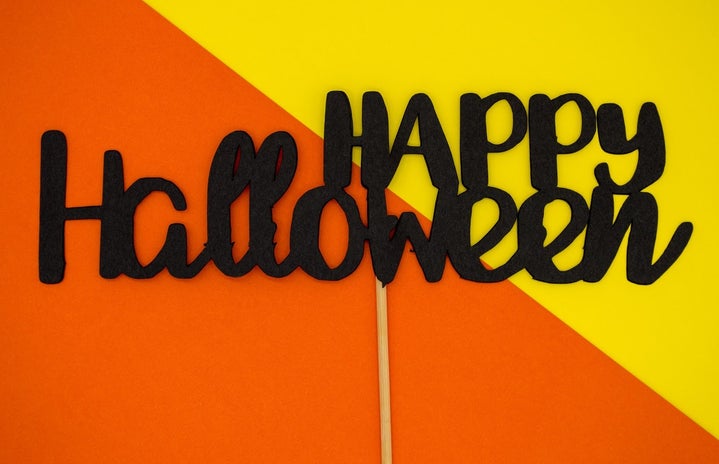In the year 2020, it seems like it should be a no-brainer that society is moving towards political correctness and acceptance of everyone. Movements such as Black Lives Matter, #MeToo, as well as the Mental Health Movement have circulated most of the US by now and their presence is stronger than ever. Hollywood, education, and politicians have slowly begun to adapt to a culture actively opposing prejudice – evolving to a person-centered culture where individuals are viewed for who they are in terms of personality and how they treat others versus defining someone by their skin color, religion, sexual orientation, or ability.
Despite these changes, it is astounding to see how some people just don’t get it. Politicians out there continue to preach hate, the education system still practices discrimination in a covert manner, and Hollywood continues to find humor in the pain of others.

Just in time for Halloween, Netflix released a new original film Hubie Halloween starring Adam Sandler as the title protagonist as well as other big-name cast members such as Kevin James, Rob Schneider, Mya Roudolf, Julie Bowen, Peyton List, and Karan Bar. The plot is centered around Hubie (Adam Sandler), an absolute goofball who continues to get beaten down by a town full of individuals who just don’t get him. Violet Valentine (Julie Bowen) and her foster children, as well as his mother, seem to be Hubie’s only supporters. The plot comes full circle with some fun one-liners and slapstick, making Hubie the town hero.
In many of his films, Adam Sandler has gained his claim to fame portraying a goofy, odd-man-out; however, at what point does “goofy” become offensive? We’ve seen it in Billy Madison, That’s My Boy, and now Hubie Halloween where Sandler has taken the role too far to a point where goofy looks more like a satirical take on mental illness. In Hubie Halloween, there are several times where Sandler’s character is referred to as “different” or “special” – both outdated historical euphemisms for individuals suffering from various mental illnesses. Hubie is treated poorly by many of the characters, falling victim to bullying a multitude of times, but Hubie continues to serve those who treat him poorly, often not even realizing the malicious intent of many of the characters. Physically, Hubie is portrayed as follows; riding a bike with an out-dated speaker, always carrying his “special red thermos”, and wearing a homemade sash reading “Monitor” across his chest. Speaking in a puny cartoonish voice, Sandler takes the poor-taste character to an outlandish level.
If the overt ableism and political incorrectness weren’t enough, the plot of the movie is centered around a beginning scene surrounding the escape of a patient from some sort of mental hospital. As individuals continue to disappear from the city, Hubie happens to be at the scene of many – naturally causing people to point fingers. Although it is known to the audience that Hubie did not do it and that he is not the one who escaped from the mental hospital, the directors seem to make many connections between the two. Both Hubie and the escaped patient are viewed as weirdos to the town in the film – Hubie being overly present in the community. Similarly, both characters have created a false reality that they live in. For Hubie, he believes his role as “Halloween Safety Monitor” makes him the hero of the town; however, the crushing reality is most of the town uses it as a platform to further criticize Hubie. Meanwhile, the escaped patient lives in a fantasy that he is a werewolf and that the only reason he was in the hospital is because it’s a “Werewolf Treatment Facility”. Lastly, the two characters are neighbors, placing them not only in a cinematic proximity, but in a physical proximity as well.
Some may say that looking at the political correctness (or lack thereof) of the film is simply trying to not enjoy the production; however, the blatant insults and bullying that occur in this film made it hard to enjoy, as it goes so far beyond politics and into a realm of living in a brutal culture. The sad reality of the world is that many do live here, but that is no laughing matter. Netflix, Sandler, and the remainder of the cast should not be receiving the outspoken praise they are over this movie. Although Hubie does rise from zero to hero, the movie was an obnoxious, tired take on ableism in the world today.




